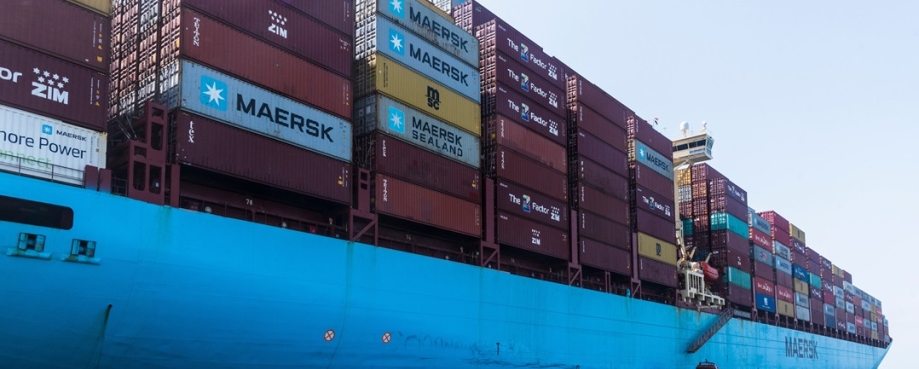
Following recent attacks in the Red Sea and Bab El-Mandeb strait we’ve joined calls for the protection of seafarers, welcoming actions by companies choosing to reroute ships.
Why is this important?
The Red Sea shipping route, which includes the Suez Canal, is a critical part of the global supply chain which handles 12% of global trade. Since 19 November 2023, commercial ships transporting products for global trade have faced attacks along the route, the most recent barrage of which were repelled by US and UK warships only yesterday, warning ‘severe consequences’ for perpetrators. In the last 24 hours, the UN Security Council has called for an immediate end to the attacks, despite abstentions from China and Russia. These attacks put seafarers operating these ships in grave danger, and risk significant disruption to global trade, which has already seen a 1.3% drop in the past two months.
What’s being done about it?
Since these attacks began, the global union International Transport Workers Federation (ITF), an ETI member, have been calling for the safety of seafarers to be paramount, stating ‘The focus at this time must be about the health and safety of seafarers who move the world’. Thanks to successful negotiations with ITF’s social partners, including the International Bargaining Forum (IBF), the southern section of the Red Sea and the Strait have been designated a High-Risk Area, with effect from 22 December 2023.
What does this mean for seafarers?
This designation entitles seafarers aboard ships in the area to the following:
- A bonus that is equal to basic wage, payable for the duration of the transit;
- Double compensation for death or disability;
- Mandatory requirement to increase security arrangements equivalent to ISPS Level 3.
ETI welcomes the outcome of these negotiations and the entitlements this provides affected workers. We also welcome the decision of certain companies to reroute and or pause shipments travelling through the area. We understand that rerouting ships around the Cape of Good Hope extends their journey by over 3,000 nautical miles – potentially adding weeks to seafarers’ time at sea. Such a decision will no doubt have significant impact on cost and tours of duty in the global supply chain, but most importantly it will reduce the risks to seafarers that the Red Sea currently brings.
What steps can responsible business take?
- Consider pausing or rerouting your shipment to keep seafarers out of danger. Assess shipment timelines and adjust your logistics planning to mitigate against risks to workers.
- Ensure your goods are transported on ITF agreement-covered ships that now guarantee special protection for seafarers working in the area. If your goods are travelling on ships lacking ITF agreements, take steps to engage operators to ensure agreements are signed and entitlements are provided to seafarers aboard.
- Engage with ETI and the ITF to ensure you are conducting effective human rights due diligence in your logistics supply chain to protect workers transporting your goods. Make use of the ITF Health Check and Human Rights Due Diligence Toolkit, developed by UN bodies, shipping industry partners, and leading companies.
...
If you’re interested in enaging with ETI or becoming an ETI member, get in touch: membership@eti.org.uk.
